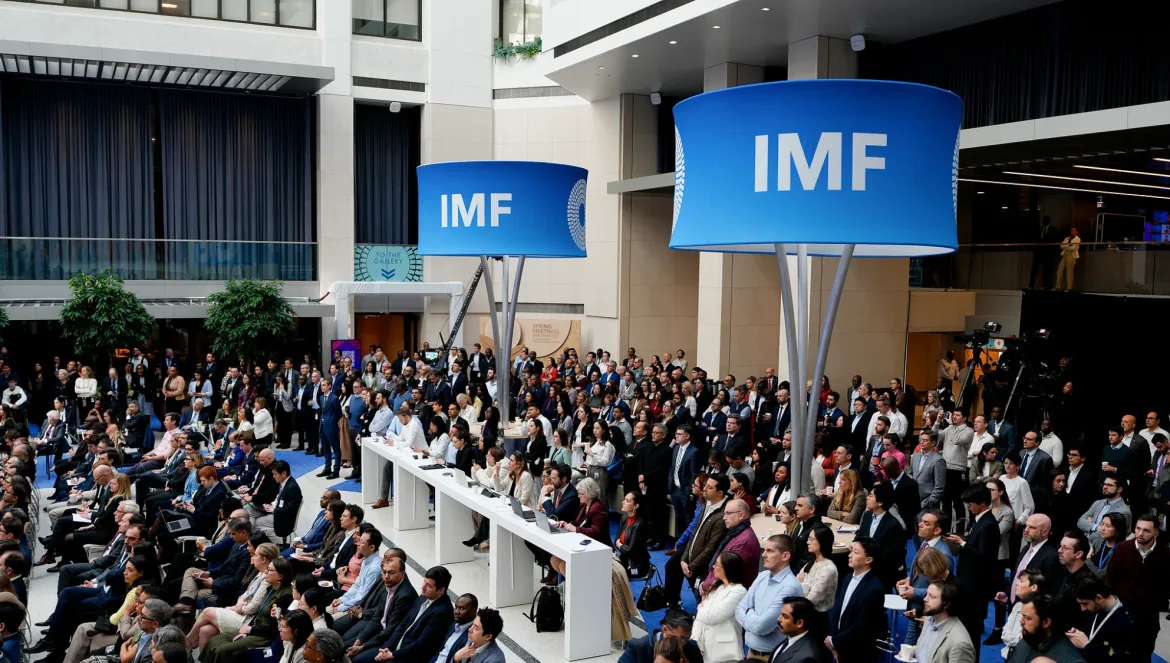The International Monetary Fund (IMF) has downgraded its global economic forecast for 2025, warning that escalating trade tensions and deepening policy uncertainty are weakening growth prospects and pushing the world further into a period of economic fragmentation.
In its latest World Economic Outlook report, the IMF forecasts that global GDP will grow by 2.8 % in 2025 and 3 % in 2026, lower than the previous forecast of 3.3 % for both years. These values represent a significant slowdown from the historical average of 3.7 % from 2000 to 2019.
The report says advanced economies will be among the hardest hit: their growth is projected at 1.4 % in 2025. The United States is expected to grow at 1.8 %, almost a full percentage point lower than the IMF's January forecast.
Growth in the euro area will also slow, having been revised down slightly to 0.8 %. Emerging markets and developing economies are expected to slow to 3.7 % in 2025 and 3.9 % in 2026.
The IMF attributes these revisions to weakening demand, growing economic uncertainty and the impact of recently introduced trade restrictions.
The IMF said US effective tariffs have now reached their highest level in a century as a result of a series of across-the-board tariff measures in early April. These include high tariffs on imports, industrial metals and automobiles, which have prompted swift retaliation from major US trading partners. The resulting wave of trade barriers has dramatically altered the global economic environment, according to the IMF.
Beyond the immediate impact on growth, the IMF warned that rising trade tensions posed a number of additional risks to future developments, including potential asset market corrections, exchange rate volatility, debt crises - particularly in low-income countries - and potential social unrest triggered by long-term cost-of-living pressures and broader disruptions to the international monetary system.
The IMF concluded its report by calling for urgent global coordination to restore stability. Countries should pursue clear and predictable trade policies, strengthen their domestic fiscal positions and introduce structural reforms to promote long-term resilience, it said. Central banks should continue to fine-tune their tools to balance inflation control with the need to support growth in an increasingly complex global environment.
CMG/gnews.cz



